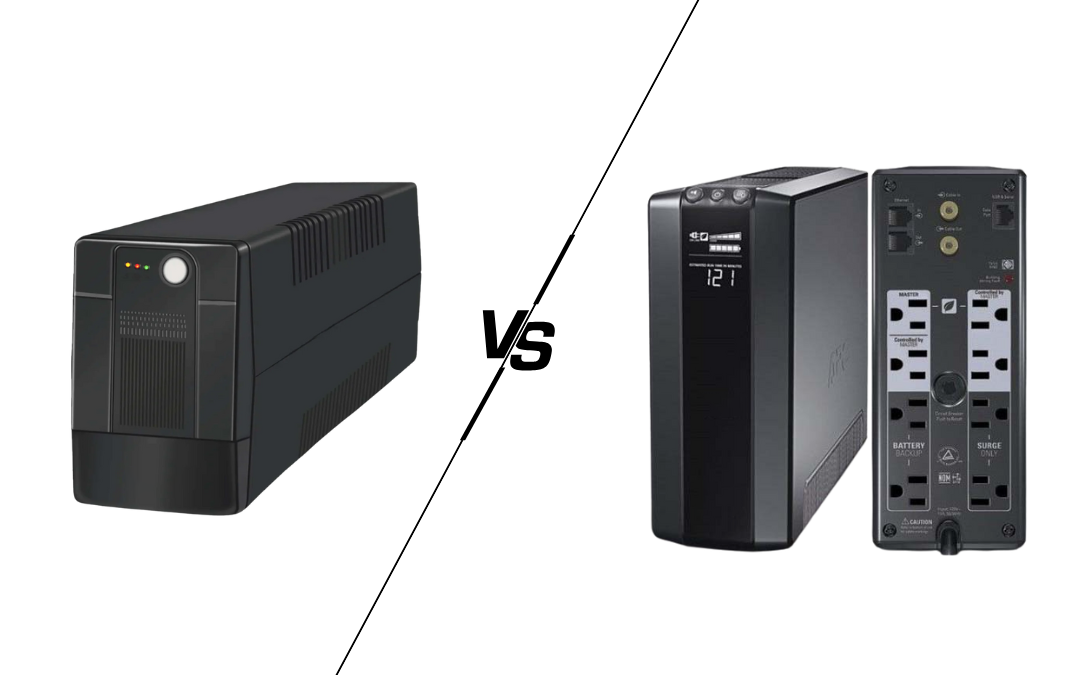Nowadays, an uninterruptible power supply is essential for both residential and commercial purposes. Hence, it is necessary to understand the difference between UPS and battery backup systems to safeguard sensitive electronics and provide uninterrupted operations.
While they appear similar, these power solutions are designed for distinct purposes. They provide different benefits. In this article, let’s check out the differences!
Come, let’s get started with basics!
What is a UPS System?
A UPS Power Supply system is a device that gives instant power during an outage. It runs on batteries and also protects against power surges, dips and other electrical issues. It keeps computers and other devices running long enough to shut down safely or switch to a backup such as a generator.
There are many types of UPS systems, from small ones for home offices to large ones for industrial use. Most UPS units have features including automatic voltage control, screens, alarms and monitoring software.
What is a Battery Backup?
It implies a less complex setup that provides backup power during a blackout. Unlike UPS setups, battery backups typically lack surge protection and line conditioning features. Their purpose is simply to keep critical devices operating for a limited duration in the event of a power loss.
UPS Battery backup units are usually installed in homes to provide support to modems, routers, or security systems. They use UPS battery replacements or other battery types. But they do not have the intelligent functions or the quick response of a full UPS.
Now, let’s check out the key differences between UPS and a backup system!
Key Differences
Functionality
A UPS power supply gives real-time protection and immediate power delivery. Battery backups can have a slight delay before power is supplied to it, which can be even more essential in environments that contain sensitive electronics.
Surge Protection
UPS units have surge protection built in, while most battery backups do not.
Applications
Businesses with servers or medical equipment require UPS solutions to avoid data loss or damage to equipment. Home users can get by with a simple battery backup for short outages.
Power Management
Advanced UPS devices have the facility for monitoring battery health, power events, and device management. Battery backups lack these.
Battery Types and Maintenance
UPS batteries are most often replaceable, and systems can even alert users when UPS battery replacements are needed. You can use UPS replacement batteries. Battery backups can even include full replacement when the battery is out of service.
Bottom Line
From this article, we hope you understood the difference between battery backups and UPS systems. Though they provide power during outages, yet they serve different needs. Your choice depends on how reliable your power needs to be, how valuable your equipment is, and how much downtime you can handle. For important systems, a high-quality UPS with good accessories and batteries is worth it. For home use, a basic battery backup may be enough. Either option is better than being caught off guard by a power outage.
Based on the insights provided in this article, choose the best system from UPS suppliers Australia based on your needs and reap its benefits.


